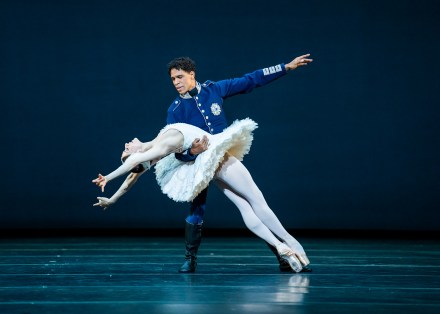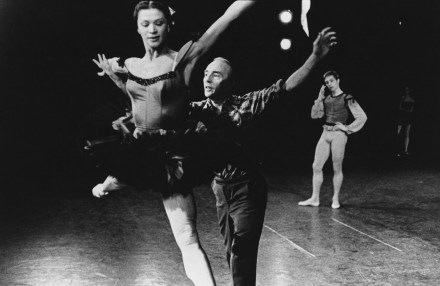A vanity exercise: Carlos at 50, at the Royal Opera House, reviewed
In 2015 Carlos Acosta announced his retirement from the Royal Ballet and the classical repertory. It seemed like the right moment; he was 42 and, truth to tell, some of us could detect a slight waning of his prowess and physique. Time to move on: since then, he has done great work in his native Cuba and is currently a venturesome artistic director of Birmingham Royal Ballet. He is a rather wonderful person. Eight years after his withdrawal from Covent Garden, however, he has made a brief return – addressing an itch, he says, that had to be scratched. The house sold out for five nights running and the reception



